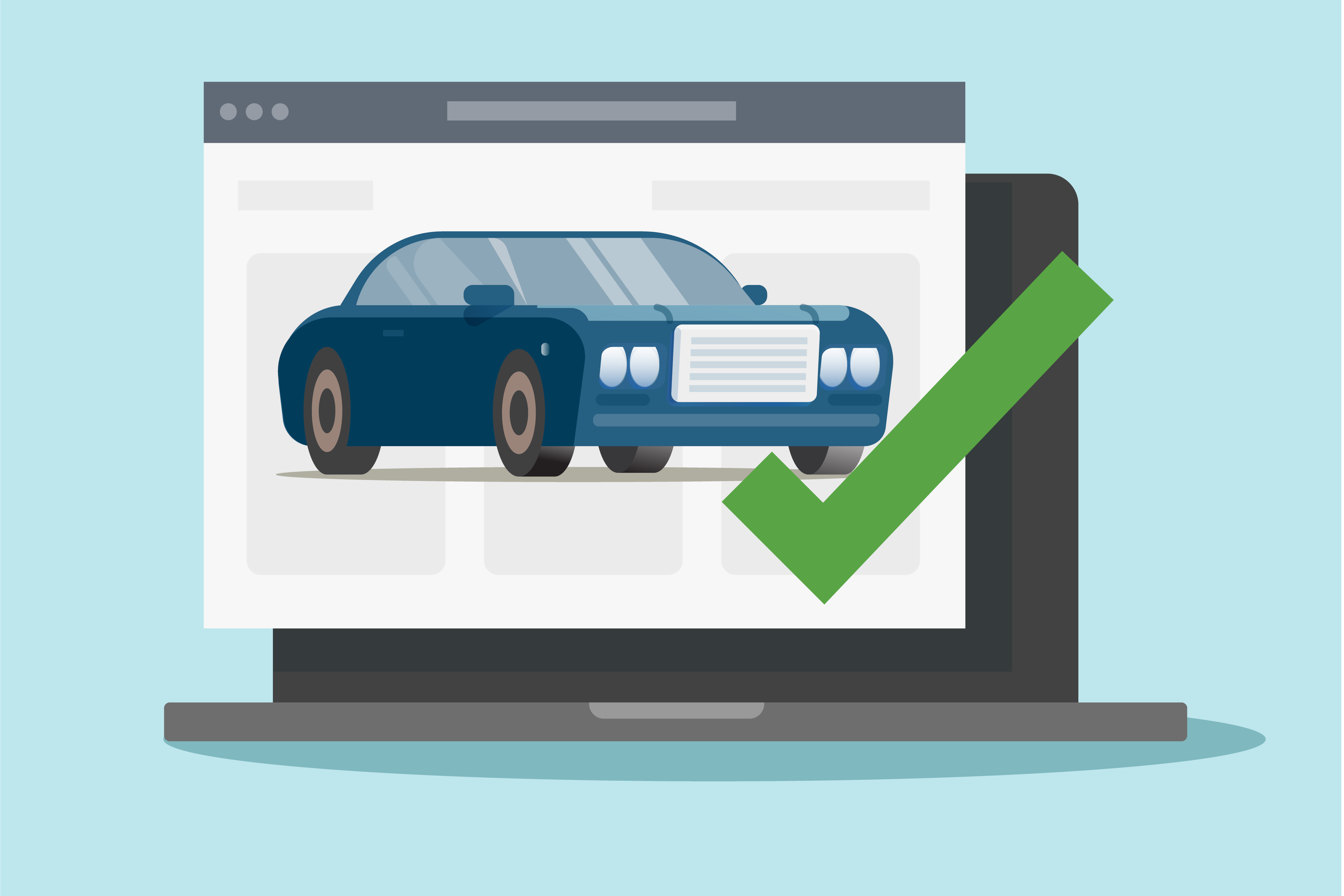CarFax vs. AutoCheck: Vehicle History Reports Compared
Choose the used-car report card that meets your needs and budget.
 Capital One
Capital One
You’ve done the research, figured out which model to buy, and found a used car that looks promising. At this point, you should get a vehicle history report, but if you’re already exhausted with the whole process, the last thing you’ll want to do is determine which company to use. So to make it easy for you, we’ve spelled out the differences between two major history report providers—Carfax and AutoCheck.
What’s in a Vehicle History Report?
There’s only so much you can tell about a car by kicking tires, taking a test drive, and talking to the seller. To learn about the vehicle’s past, you’ll want a history report. With only the car’s VIN or current license plate number, you can find out all sorts of information from a variety of sources. For instance, both AutoCheck and Carfax pull records from DMVs, insurance companies, automakers, collision repair shops, auctions, rental companies, law enforcement agencies, and state emissions and safety inspections. You can check to see:
- if the car has been in a reported accident
- if it has a title issue, such as a salvage, flood, fire, junk, or rebuilt brand
- if there are any open recalls that need to be performed
- if there’s evidence that someone tampered with the odometer
- the number of owners it has had, how long each person owned the vehicle, and where it was titled
The buyer still has to beware though, as the contents of the report may not tell the whole story. For instance, if a previous owner did a quick and dirty patch job with some body filler and a can of spray paint, that’s not going to show up on a report.
Information Differences Between Carfax and AutoCheck Reports
These products are very similar, but the companies pull data from slightly different (though undisclosed) sources, some of which are exclusive to either report provider. Fortunately, we know what kind of information those sources provide, and that might help you choose one over the other.
Carfax includes maintenance records, while AutoCheck does not. This is helpful only if the vehicle was serviced by professionals, however, as a DIYer has no way of reporting an oil change or tire rotation, (it’s a good idea to ask for receipts, especially when buying from a private party). Carfax supplies more information on reported damage, too, such as the severity and impact location, and it provides a value estimate based on the data.
AutoCheck has its own exclusives, including inspection information from “the two largest U.S. auctions.” The report includes an AutoCheck Score, which grades the vehicle on a 100-point scale and provides a score range for similar vehicles of the same age, so you can make a ready comparison.
The two companies also display information differently on their reports. You can view samples of both online as a way to try before you buy.
Carfax and AutoCheck Pricing Compared
Both companies have single-report pricing as well as multivehicle package deals, which should save you some money if you know you’ll be comparing a few used cars.
Current pricing for a single AutoCheck report is $24.99, while a five-pack runs $49.99 (about $10 per report), all of which you have to use within 21 days.
Carfax charges $39.99 for a single report, $59.99 for three (about $20 per report), and $99.99 for six ($16.67 per report); you have 60 days to use all the reports in a package.
If you still can’t decide, you can always purchase a report from both companies and compare. Think of it as cheap protection against buying a bad car.
Written by humans.
Edited by humans.
 David Gluckman
David GluckmanDavid Gluckman has over a decade of experience as a writer and editor for print and digital automotive publications. He can parallel park a school bus, has a spreadsheet listing every vehicle he’s ever tested, and once drove a Lincoln Town Car 63 mph in reverse. When David’s not searching for the perfect used car, you can find him sampling the latest gimmicky foodstuffs that America has to offer.
Related articles
View more related articles